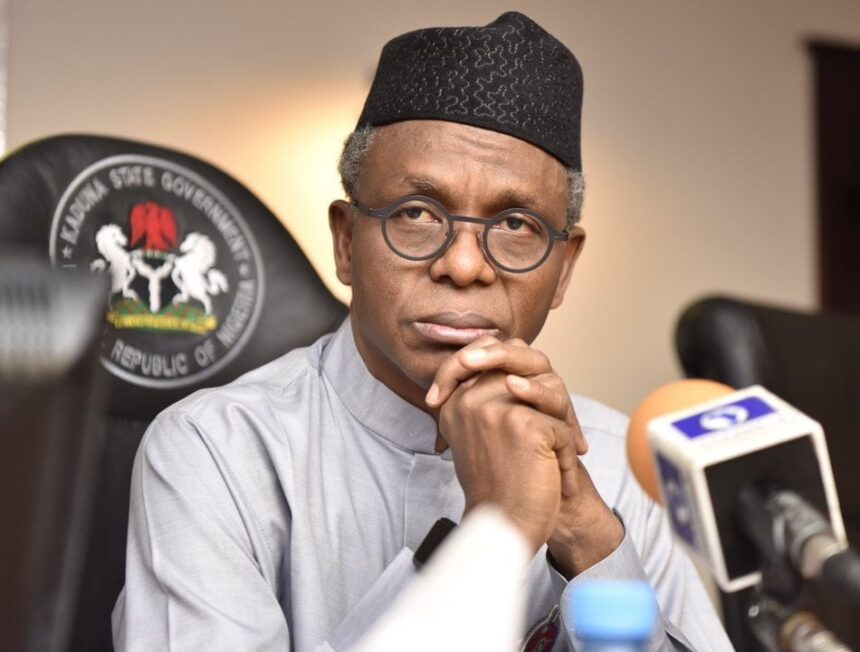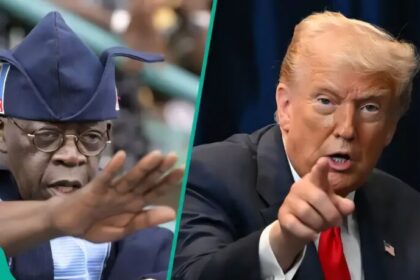Mallam Nasir El-Rufai, former governor of Kaduna State, finds himself at a difficult political juncture following the lackluster reception of his defection to the Social Democratic Party (SDP).
Despite publicly severing ties with the All Progressives Congress (APC) in March 2025 and pledging to unify the opposition, his efforts have yet to yield any significant support, especially in the North-West region where he once held considerable influence.
Over the past two months, El-Rufai has held numerous private meetings and outreach campaigns aimed at convincing political figures in key states like Kano, Kaduna, and Kebbi to join his new movement. …CONTINUE READING


However, these attempts have largely failed, with prominent figures declining his invitation or opting instead to align with the ruling APC. Even governors, senators, and assembly members reportedly turned down his overtures, casting doubt on his ability to build a viable alternative platform.
The SDP, which El-Rufai hoped to reposition as a credible national force, currently lacks any established political structure across the seven states of the North-West. The only notable figures under its banner at the national level are two lawmakers from Nasarawa State, reflecting the party’s limited reach and influence. The perception that the SDP still carries remnants of President Tinubu’s political legacy has also made it a tough sell among opposition figures.
Suspicion around El-Rufai’s motives has further complicated his efforts. Many political insiders believe his move to the SDP may not be genuine and view it as a strategic ploy to either weaken the opposition or maintain covert ties with the APC. This trust deficit has significantly hampered his ability to build alliances, leaving him politically isolated and frustrated.
In a bid to find a way forward, El-Rufai recently engaged in discussions with former Vice President Atiku Abubakar, who reportedly suggested a return to the PDP. However, El-Rufai declined, citing internal turmoil within the party, particularly the divisive role of FCT Minister Nyesom Wike. The failure of these talks underscores the limited options currently available to him as he faces rejection from all sides.




